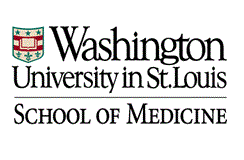The heart holds its own pool of immune cells capable of helping it heal after injury, according to new research in mice at Washington University School of Medicine in St. Louis.
Most of the time when the heart is injured, these beneficial immune cells are supplanted by immune cells from the bone marrow, which are spurred to converge in the heart and cause inflammation that leads to further damage. In both cases, these immune cells are called macrophages, whether they reside in the heart or arrive from the bone marrow. Although they share a name, where they originate appears to determine whether they are helpful are harmful to an injured heart.
In a mouse model of heart failure, the researchers showed that blocking the bone marrow’s macrophages from entering the heart protects the organ’s beneficial pool of macrophages, allowing them to remain in the heart, where they promote regeneration and recovery. The findings may have implications for treating heart failure in humans.
The study is now available in The Proceedings of the National Academy of Sciences Early Edition.
“Researchers have known for a long time that the neonatal mouse heart can recover well from injury, and in some cases can even regenerate,” said first author Kory J. Lavine, MD, PhD, instructor in medicine. “If you cut off the lower tip of the neonatal mouse heart, it can grow back. But if you do the same thing to an adult mouse heart, it forms scar tissue.”
Read the rest of the article at: http://www.medicalnewstoday.com/releases/284750.php
